What is Aseculapius meaning?
Aesculapius, also spelled Asclepius, is a figure from Greek mythology associated with healing and medicine. He is often depicted as a bearded man holding a staff with a serpent wrapped around it, a symbol that has become emblematic of the medical profession.
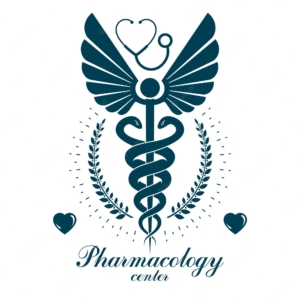
Parentage: Aesculapius was the son of Apollo, the Greek god of the sun, music, and healing, and Coronis, a mortal woman. He was born on the Greek island of Epidaurus.
Healing Abilities: Aesculapius was known for his exceptional healing abilities. According to mythology, he could bring the dead back to life and cure various illnesses and injuries. His skills were so remarkable that they even surpassed those of his father, Apollo.
Temples and Worship: Aesculapius was worshipped in ancient Greece and Rome, and his temples, known as “Asclepieia,” were places of healing. People would come to these temples seeking cures and relief from their ailments. These temples often had sleeping areas where patients would spend the night, hoping to receive healing through dreams or visions.
The Rod of Asclepius: The symbol of Aesculapius is a staff with a single serpent wrapped around it, known as the “Rod of Asclepius.” This symbol is often used as a symbol of medicine and healthcare to this day. It is distinct from the caduceus, a similar symbol with two serpents and wings, which is associated with the Greek god Hermes and is sometimes mistakenly used in medical contexts.
Death and Deification: In some versions of the myth, Aesculapius was killed by Zeus, the king of the gods, for reviving the dead. However, after his death, he was later deified and became a revered figure associated with healing and medicine.
Aesculapius’s legacy in the world of medicine and healthcare continues to be acknowledged through the use of his symbol, the Rod of Asclepius, which remains a powerful and recognizable emblem in the field of medicine to this day.
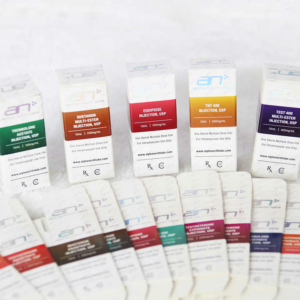
Why all the vial box are have Aesculapius on it?
The inclusion of the Aesculapius symbol on vial packaging or in medical contexts is not a universal or mandatory practice. The use of this symbol, which features a serpent wrapped around a staff, varies depending on factors such as tradition, cultural symbolism, and individual branding choices.
Here are a few reasons why some vial packaging may include the Aesculapius symbol:
Symbol of Healing: Aesculapius is historically associated with healing and medicine in Greek mythology. Therefore, some pharmaceutical companies or healthcare organizations choose to incorporate this symbol to convey a sense of trust, expertise, and dedication to the field of healthcare.
Tradition and Heritage: Some institutions or brands may choose to use the Aesculapius symbol as a nod to the rich history of medicine and the traditions that have shaped modern healthcare practices.
Differentiation: Including the Aesculapius symbol on vial packaging can help distinguish a product or brand within the competitive healthcare industry. It can serve as a unique identifier that sets a product apart.
Consumer Perception: For consumers, the presence of the Aesculapius symbol may signify that a product is related to healthcare, pharmaceuticals, or medical treatment. This can help individuals quickly identify and trust products associated with their health and well-being.
Cultural Significance: In some regions or cultures, the Aesculapius symbol may hold particular significance or resonance, leading companies to use it as a symbol of cultural respect and understanding.
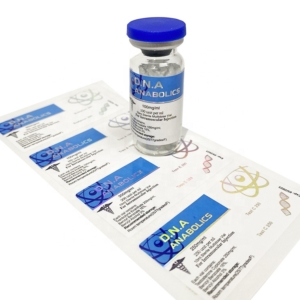
It’s important to note that while the Aesculapius symbol is used in some medical contexts, another symbol, the caduceus (which features two snakes and wings), is often mistakenly used in place of the Aesculapius symbol. The caduceus is actually associated with the Greek god Hermes and is not historically linked to medicine in the same way as the Aesculapius symbol.In summary, the inclusion of the Aesculapius symbol on vial packaging is a matter of choice by individual companies or institutions. It is not a universal requirement but is often used to convey messages of healing, tradition, and trust in the field of healthcare.
Order Process

Payment

Logistics and Transportation





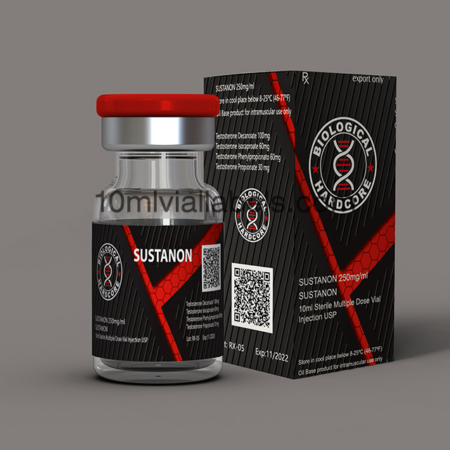
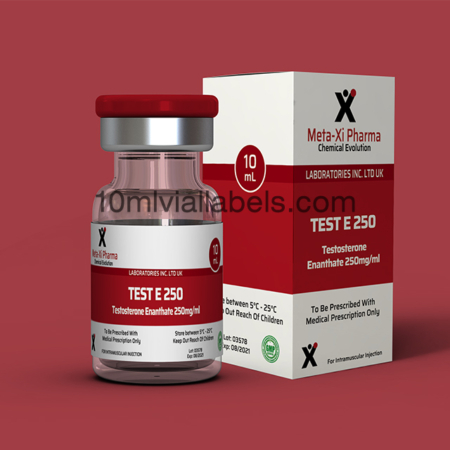
Reviews
There are no reviews yet.